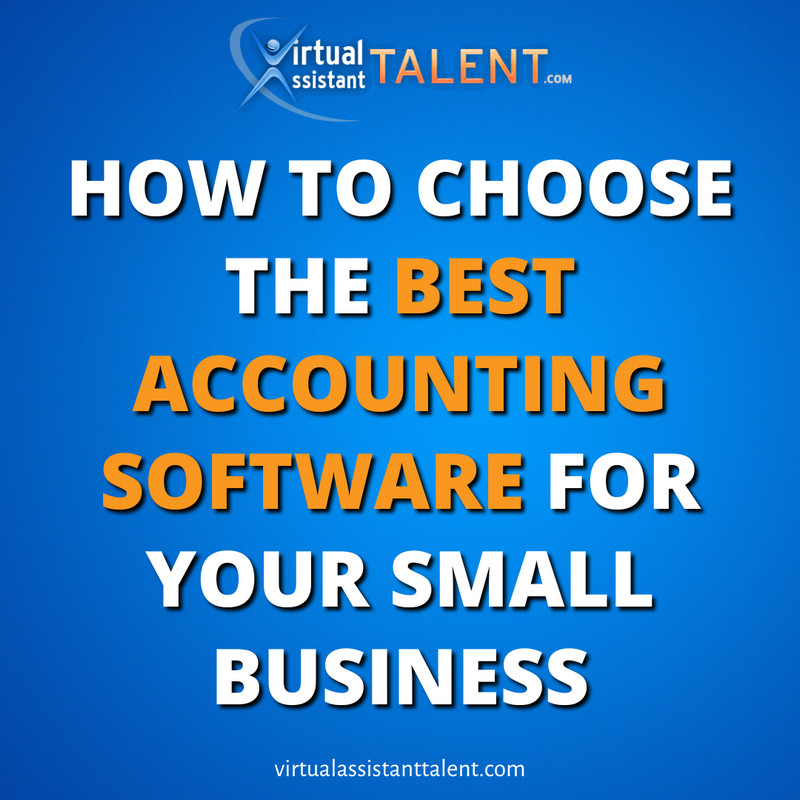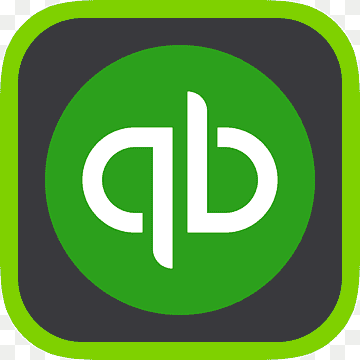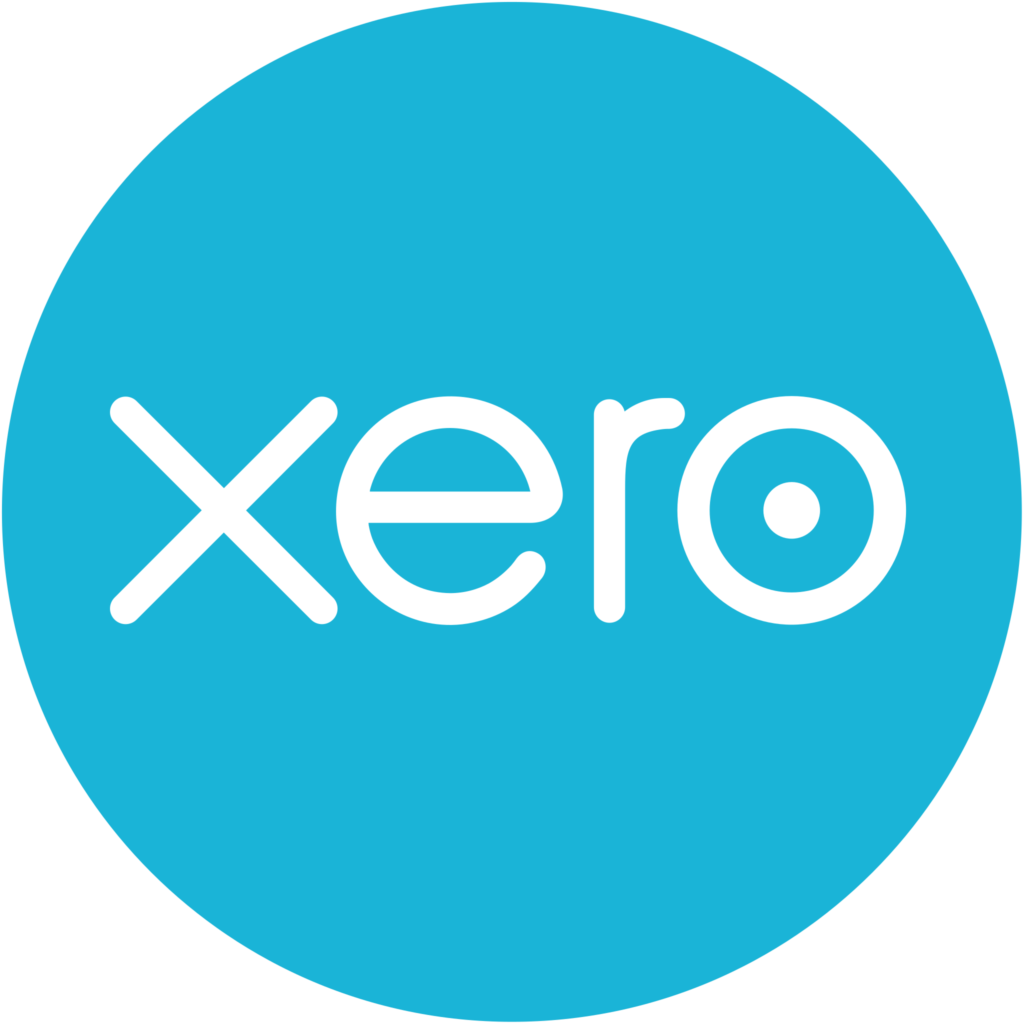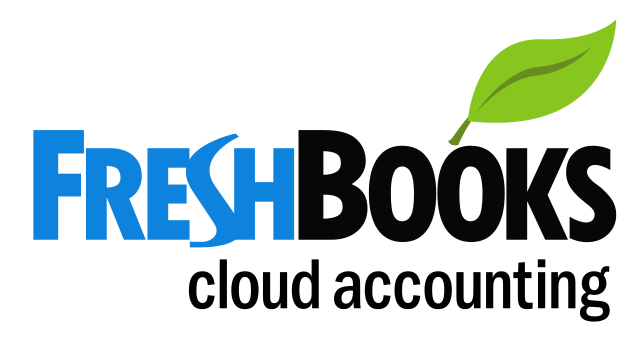
What are the factors to consider when choosing accounting software?
What are the five benefits of using an accounting software?
What are the top three accounting software programs for small businesses?
If you want more informed financial decision-making without doing the tacky part of consolidating all your accounts and receipts manually, then using accounting software is the way to go.
With so much accounting software out there, the most crucial question you need to consider is: how do you select the right one for your small business?
This article will provide you with comprehensive insight so you can make the best possible choice. We will dive into what accounting software is, what factors you need to consider when choosing an accounting software, the benefits of using one, and lastly, what are the top 5 accounting software we can commend to you for your small business.
What is accounting software?
An accounting software is a type of computer program that helps bookkeepers and accountants (or even non-accountants) to record and report on a business’s financial transactions.
It has a wide array of features, depending on the type of product you are using.
For big companies, a customized solution that can integrate extensive data from various departments is deemed appropriate. On the other hand, smaller businesses can go for an off-the-shelf product.
The primary goal of using an accounting software is to help businesses manage and record their cash flows so they can analyze their overall financial health.
Using an accounting software benefits businesses by saving time on manually entering data, thereby reducing the likelihood of errors. Moreover, these tools also help businesses create reports, bill customers, and keep track of account balances.
Consequently, investing in advanced business accounting software offers access to functionalities such as task automation. Some of the tasks it can automate are regular data transfers, sending out recurring invoices, and reconciling accounts through integrations.
What are the factors to consider when choosing accounting software?
Choosing an accounting software should not that hard. Below are some of the factors you need to give a careful thought before subscribing to accounting tools:
1. Expandability
In business, our main goal is growth and expansion. When choosing an accounting software, consider the future growth of your business. Do some research and narrow down your list as to which ones can accommodate the increasing complexity of your financial transactions as your business expands.
2. User-friendliness
As a business owner, you are wearing many hats and the last thing you want is an overcomplicated software that can eat up so much of your time as you study its features.
Opt for a user-friendly accounting software that does not require extensive training. You can save more time and money when you choose an accounting tool that has an intuitive interface and easy navigation.
3. Integration
Technology has definitely changed business management for the better through integration.
Integration helps create a smooth workflow while ensuring data consistency across different platforms.
In choosing your accounting software, you should consider the seamless integration of your accounting software with other business applications, such as CRM software or project management tools.
4. Data security
As technology advances, so do ways of breaching data.
Prioritize data security when selecting accounting software. It is important to choose a bookkeeping solution that provides strong security features, such as data encryption, multi-factor authentication, and regular data backups. These features will help you protect sensitive financial information from unwarranted and unauthorized access, as well as cyber threats.
5. Cost and affordability
Lastly, evaluate the cost-effectiveness of accounting software based on your budget and business needs. Consider factors such as subscription fees, additional features, and expandability options to determine the overall value of the tool.
What are the five benefits of using an accounting software?
1. Time
Using an accounting software allows you to automate repetitive tasks such as data entry, and invoice and report generation. This allows you to save more time versus doing things manually, plus you get to focus on the core business activities to grow your business.
2. Accuracy
Yes, manually entering data can save you so much money. However, there is also the downside of committing errors while doing so.
Using an accounting software reduces the risk of human error associated with manual data entry. This ensures that your statements are accurate and minimizes discrepancies, especially during financial reporting.
3. Financial insights
Real-time access to financial data provides valuable insights into the financial health of the business. This enables you to make informed decisions and devise a strategy for business growth or expansion.
4. Compliance
The beauty of using accounting software solutions is that you don’t need to needlessly scour through millions of resources to ensure that you are compliant.
Most accounting tools come with built-in compliance features that help businesses adhere to regulatory requirements and tax obligations, thereby reducing the risk of penalties or fines.
5. Efficiency
What can be more satisfying than having centralized storage of financial data? Accounting software has cloud-based accessibility that allows you to access critical financial information from anywhere as long as you have a wireless connection.
Furthermore, using an accounting software also helps you improve your workflow and overall efficiency in financial management processes, allowing your business to operate smoothly and effectively.
What are the top three accounting software programs for small businesses?
QuickBooks 
Quickbooks is the ultimate go-to choice for small businesses because of its user-friendliness and ease of maintenance.
It also offers a significant advantage in that it can be integrated with payment gateways to track transactions in real-time. This accounting tool works with some of the biggest payment systems, such as Stripe and PayPal. Rather than waiting for bank updates, this hero automatically and efficiently updates business transactions.
For more of its pros and cons, check out the list below:
Advantages
- User-friendly interface suitable for everyone (even for non-accountants)
- Wide array of features, such as invoicing, expense tracking, and reporting
- Integration with third-party apps
Disadvantages
- Subscription fees can be costly especially for small businesses on limited budget
- Advanced features may require additional payment
- Limited customization options for reports and templates
Xero 
Xero is a highly advanced platform and is widely recognized as one of the best accounting automation options available. Its automation is so great that it has impacted the entire accounting industry.
This accounting tool offers a variety of operational solutions for accountants and financial administrators. For the purpose of this blog, we want to highlight three of its best features: (1) it serves as a cloud storage solution where all accounting data can be stored and processed in one place; (2) it has alternatives for reporting and data recovery; and (3) it can generate reports from simple conclusions to complex forecasts.
The platform’s ability to handle everything simultaneously promotes more efficient and solid teamwork.
Below is a summary of its advantages and disadvantages:
Advantages
- Cloud-based platform accessible from anywhere with internet
- Extensive range of features, including bank reconciliation, inventory management, and payroll processing
- Scalable pricing plans suitable for all business sizes
Disadvantages
- Learning curve for users who are unfamiliar with cloud-based accounting
- Some features may require additional payments
- Integrations may charge an extra cost
- Limited customer support options for lower-tier subscription plans
FreshBooks
With Freshbooks, the dashboard is designed to be simple and easy-to-use. This makes this feature ideal for small businesses to handle invoicing and basic accounting tasks. If you are a company with a high-volume of transactions, this software is the best for you.
On the main screen, users can view charts that provide a summary of spending, income streams, invoices, and profit and loss.
What’s more, this accounting tool also has a mobile app counterpart available for both iOS and Android that allows you to access its core functionalities, including event rack time and miles.
Check out some of its pros and cons below:
Advantages
- Simple and intuitive interface
- Easy navigation
- Focus on invoicing and time tracking features—best for service-based business
- Excellent customer support
Disadvantages
- Limited functionality compared to other accounting solutions
- Lack of advanced features such as inventory management or project tracking
- Pricing plans may not be economical for business with high transaction volumes
Simplify your bookkeeping by hiring a bookkeeping virtual assistant
In addition to leveraging accounting software, you can further simplify your bookkeeping process by enlisting the help of a bookkeeping virtual assistant.
A bookkeeping virtual assistant, especially from Virtual Assistant Talent, can help you handle tasks such as data entry, reconciliations, and report generation, freeing up more time so you can focus on growing your small business.
With their expertise in bookkeeping and accounting software, you can rest in the knowledge that your financial records are accurate and timely, and enjoy a more streamlined and efficient business operation.
Book a consultation call with us today.
Resources:
https://www.investopedia.com/terms/a/accounting-software.asp
https://www.volopay.com/accounting-automation/how-to-choose-accounting-software/
https://www.forbes.com/advisor/business/software/best-accounting-software/
https://www.freshbooks.com/hub/accounting/choose-right-accounting-software
https://www.businessnewsdaily.com/7542-choosing-accounting-software.html
https://www.patriotsoftware.com/blog/accounting/choosing-accounting-software-whitepaper/


